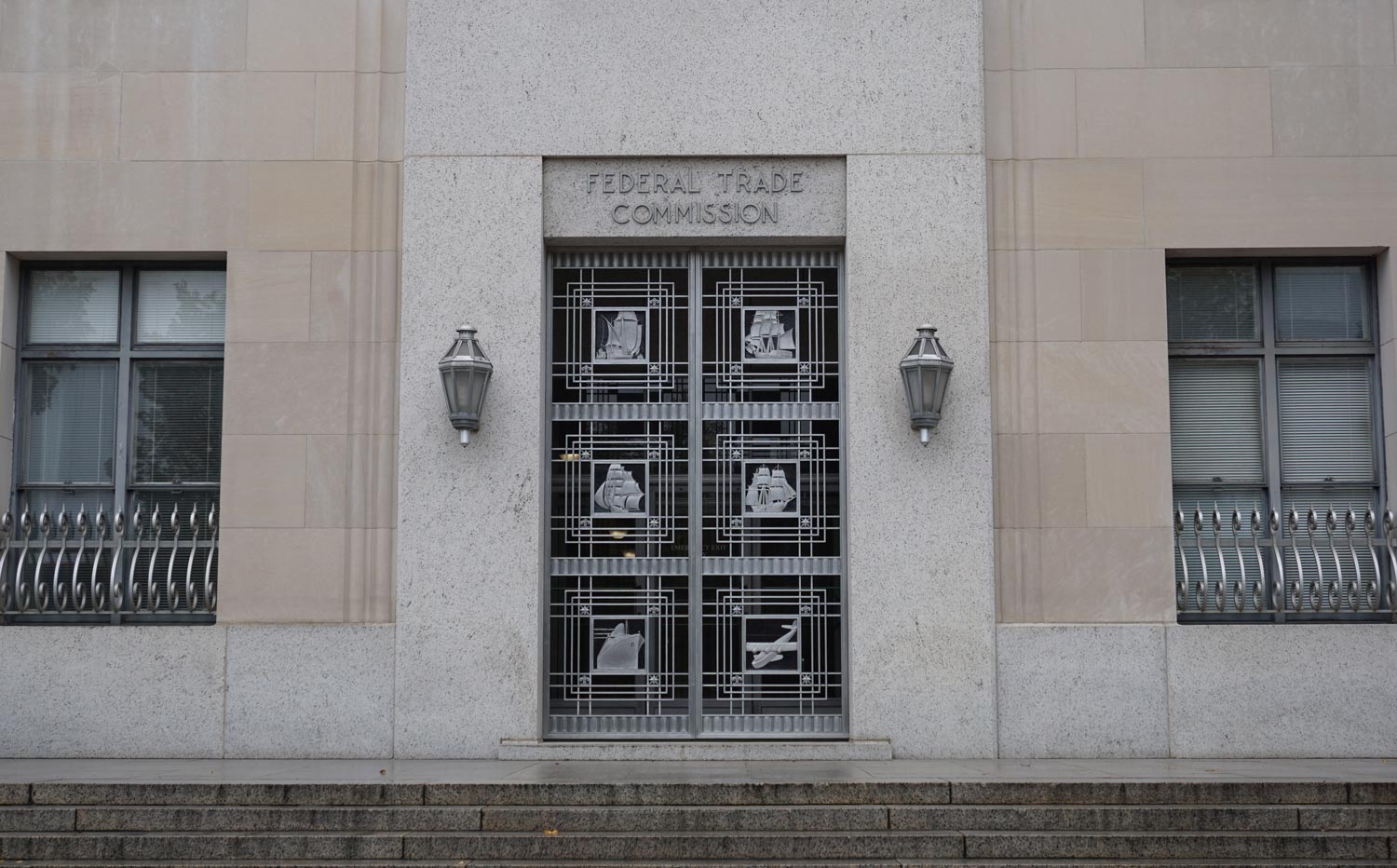
With cryptocurrencies becoming more a part of the existing financial system, the Federal Reserve has floated the idea of a Central Bank Digital Currency (CBDC). In January 2022, the Fed published a paper entitled Money and Payments: The U.S. Dollar in the Age of Digital Transformation. In that paper, the Fed addressed the benefits and pitfalls of a CBDC and sought input from stakeholders in the financial system. Generally, a CBDC would be supported by the Fed and not subject to the credit and liquidity risks of money deposited in commercial banks. A CBDC would be created and issued by the Fed in an effort to create more stability in a digital currency environment. To that end, the Fed notes cryptocurrencies “remain subject to extreme price volatility, are difficult to use without service providers, and have severe limitations on transaction throughput.” The Fed expresses its preference for stablecoins – an emerging digital currency backed by the U.S. Dollar.





